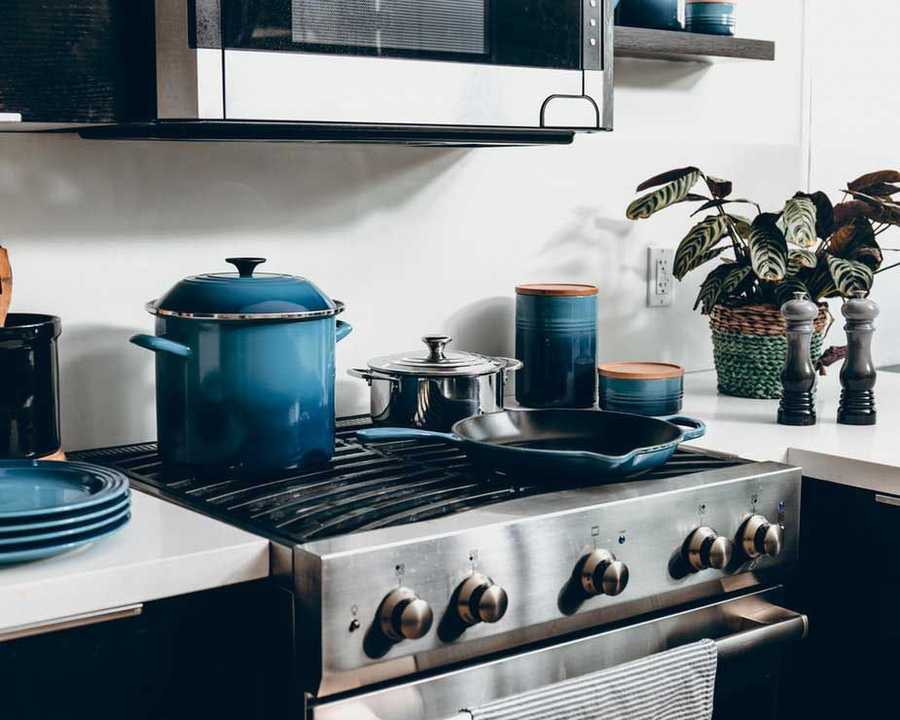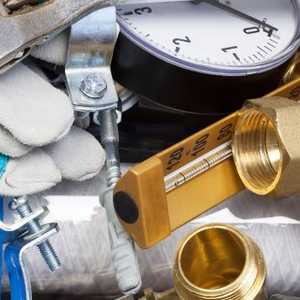Your household appliances might be harming the environment
Your regular household appliances might be impacting the environment in ways you don't suspect, especially if they're over ten years old.

As a society we are increasingly becoming aware of the impact our everyday decisions and consumer habits have on the environment.
While 20 or 30 years ago we might have not considered the long term environmental impact of plastic packaging or transporting goods from far away, today the situation has changed. We increasingly evaluate the sustainability of the products we use, and consciously choose the eco-friendly options. The steps are small, but they are there.
Yet when it comes to appliances, which make our lives easier, there is much more to want in terms of sustainability and efficiency. Regular household appliances have an unexpected environment impact.
The refrigerator, without which any kitchen is unthinkable, requires a huge amount of energy to work. If a fridge happens to be over 10 years old, it probably consumes up to 50% of the energy produced at home, a study by the Energy Mining Planning Unit in Colombia reveals. If a part of the fridge is not working correctly, its electricity usage can increase drastically, affecting your bills, as well as the environment. In such cases you'll need to call a professional electrician to avoid injuring yourself.
Electric ovens and stoves are equally harmful for the environment. Like many other heat producing appliances, the energy used comes from burning coal. Burning coal and fossil fuels for electricity production made up 29 percent of all greenhouse gas emissions in 2015, according to the EPA. On the positive side, only recently the UK set its own coal-free record, going two weeks without using any coal to generate electricity (the longest period since 1880s).
If you're trying to help the environment, a dishwasher could be the right choice but this is, if the appliance is fairly new and used efficiently. While dishwashers use less water and energy than regular hand wash, an old and malfunctioning one can actually increase your energy and water consumption.
Another appliance to be aware of is your single-use coffee pod machine. While some coffee pods' producers have turned to recyclable materials, many people are still not recycling, which means that plastic and aluminium pods still end up in landfills.
Electronic appliances are also to blame. Oils and heavy metals are commonly used in the production of components, and the environmental impacts of mining them should not be underestimated. For the production of just a single electronic product parts have to be shipped from around the world, which adds to the pollution levels as well.
Related advice
There are plenty of actions you can take to help keep your home in check. Take a look here for the latest guides, advice and tips from our experts!
View our latest advice







